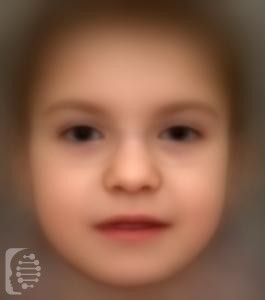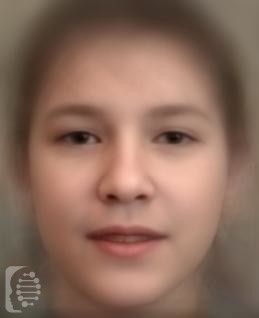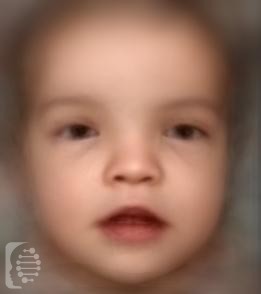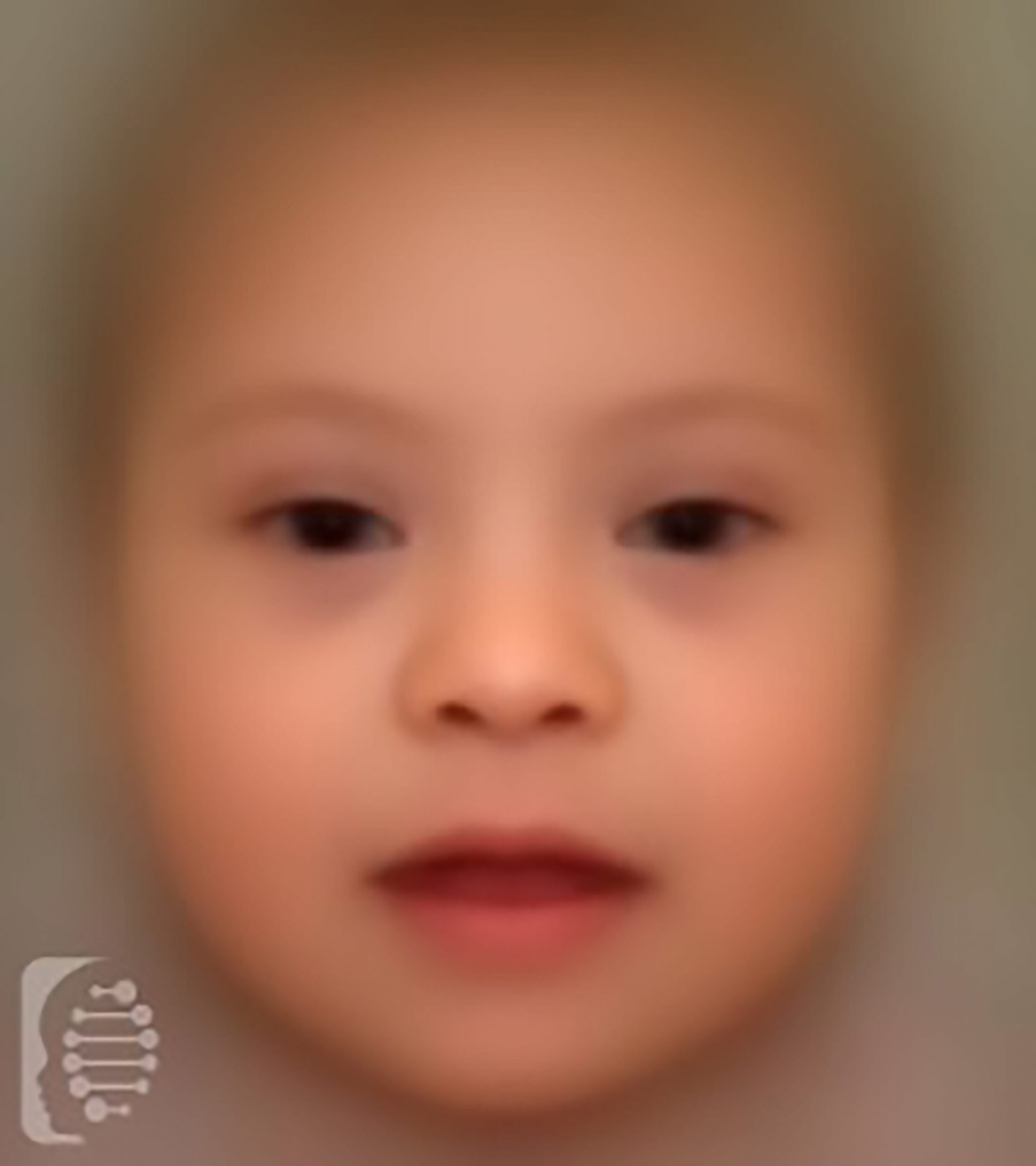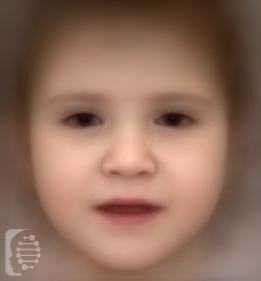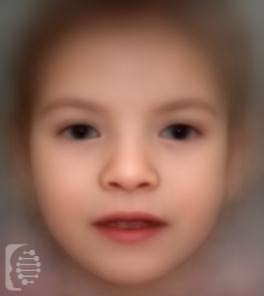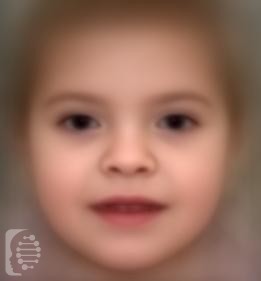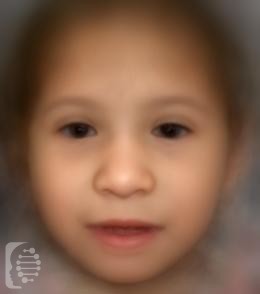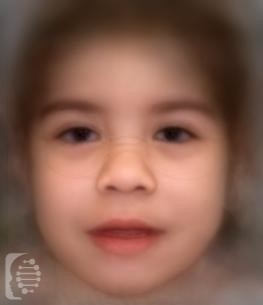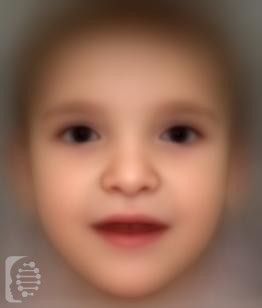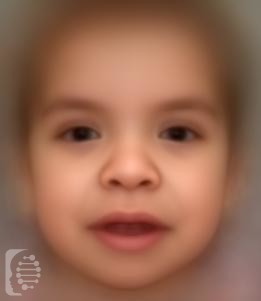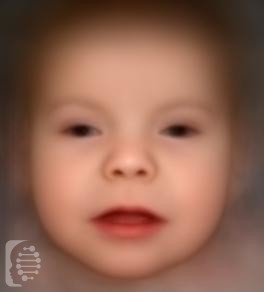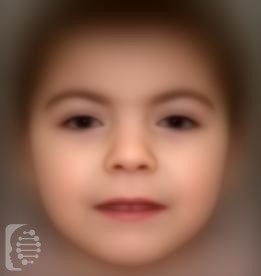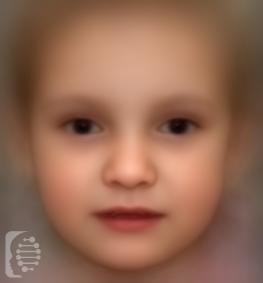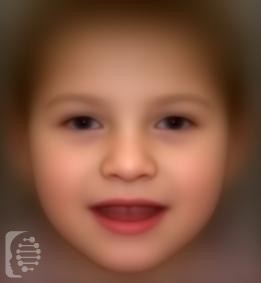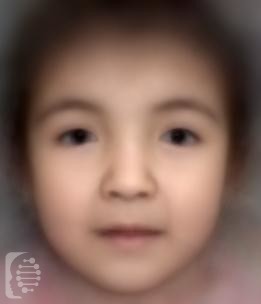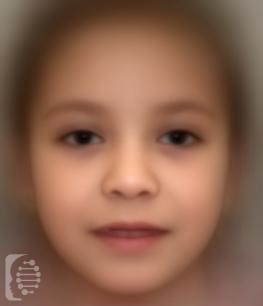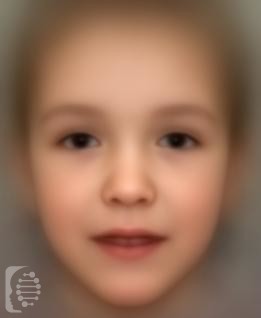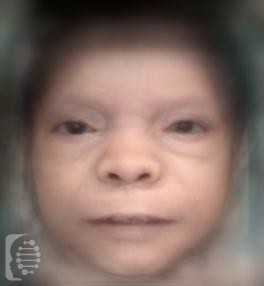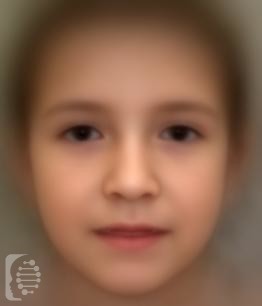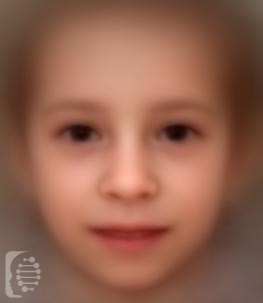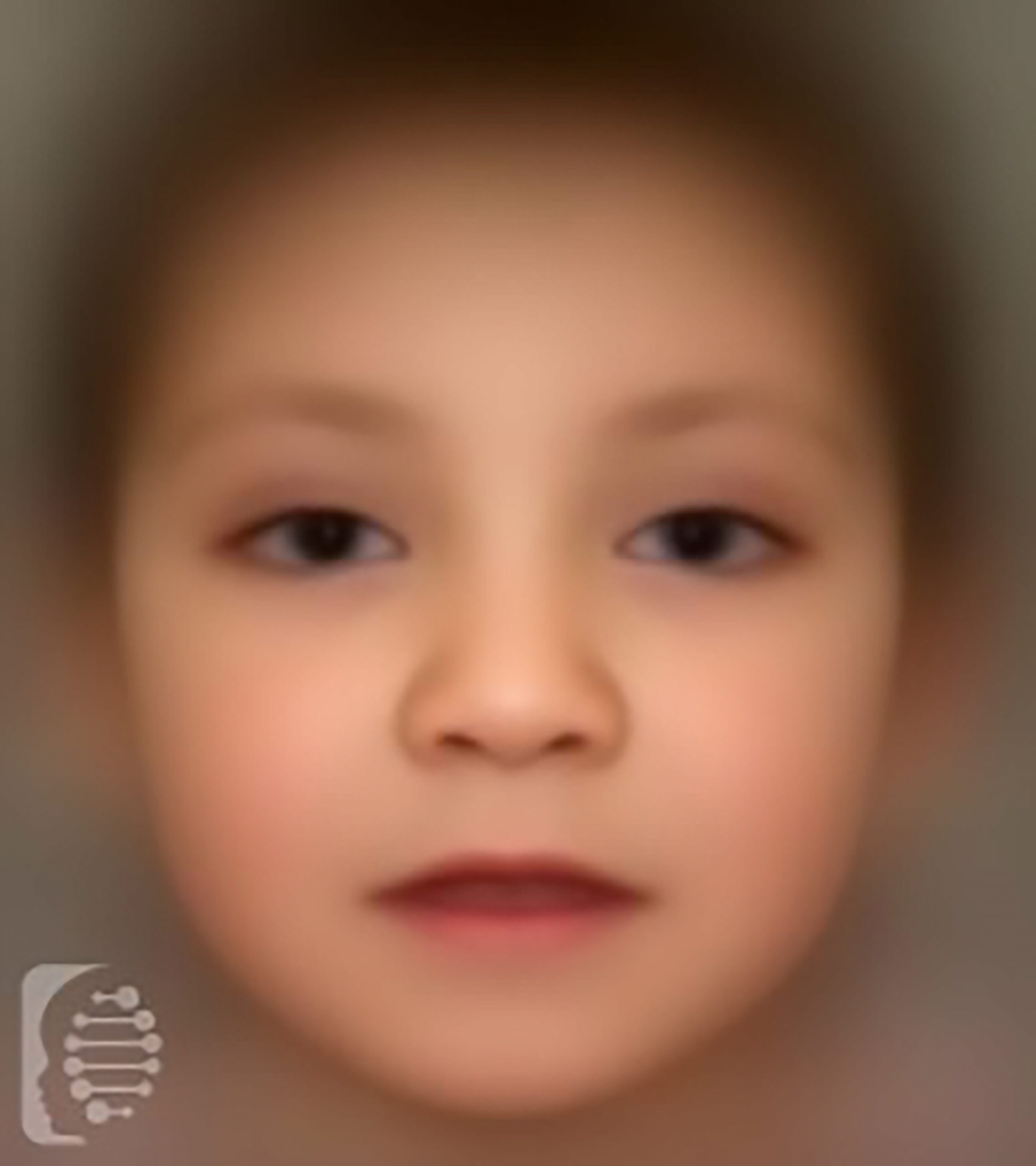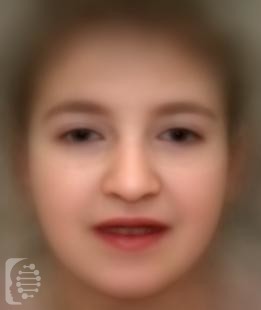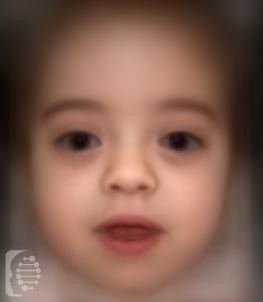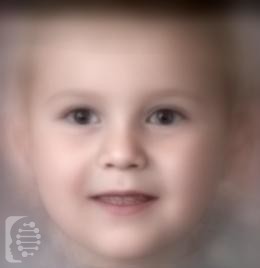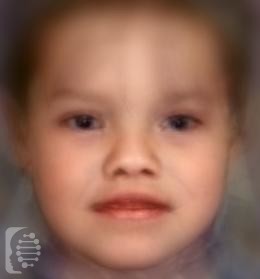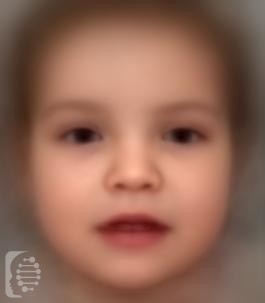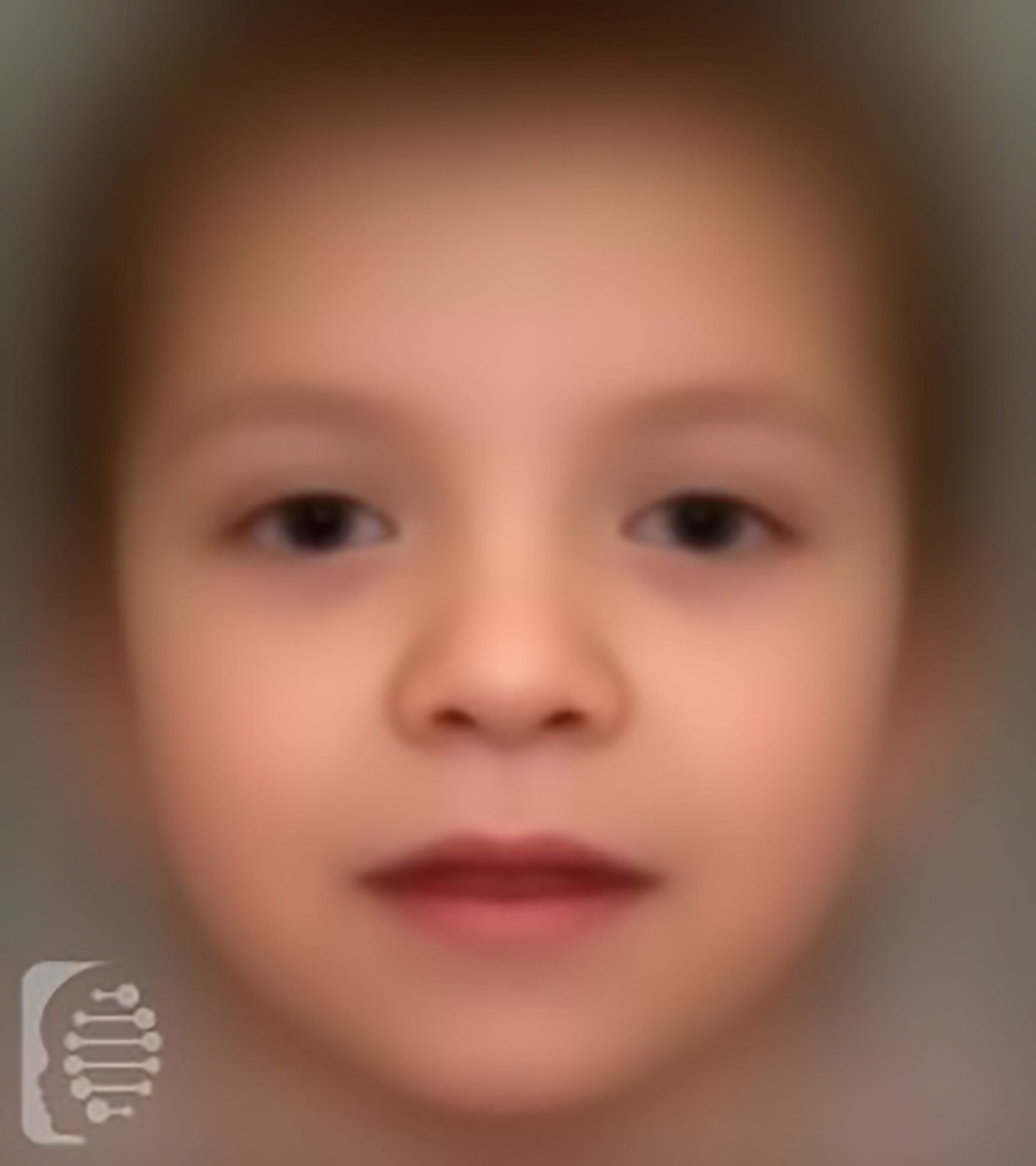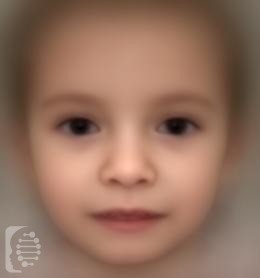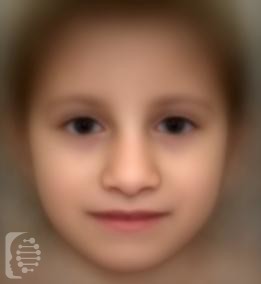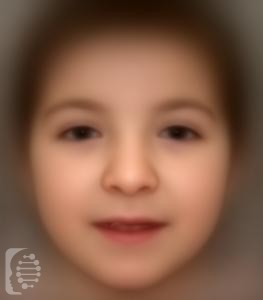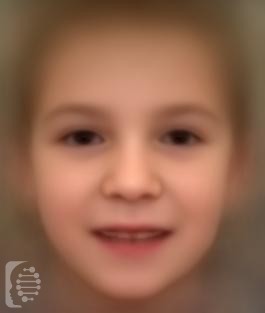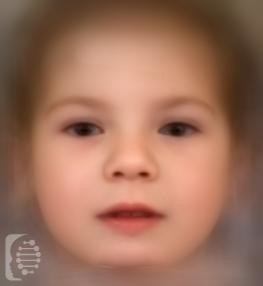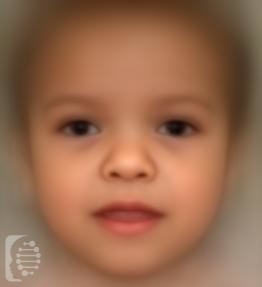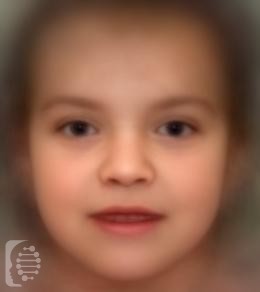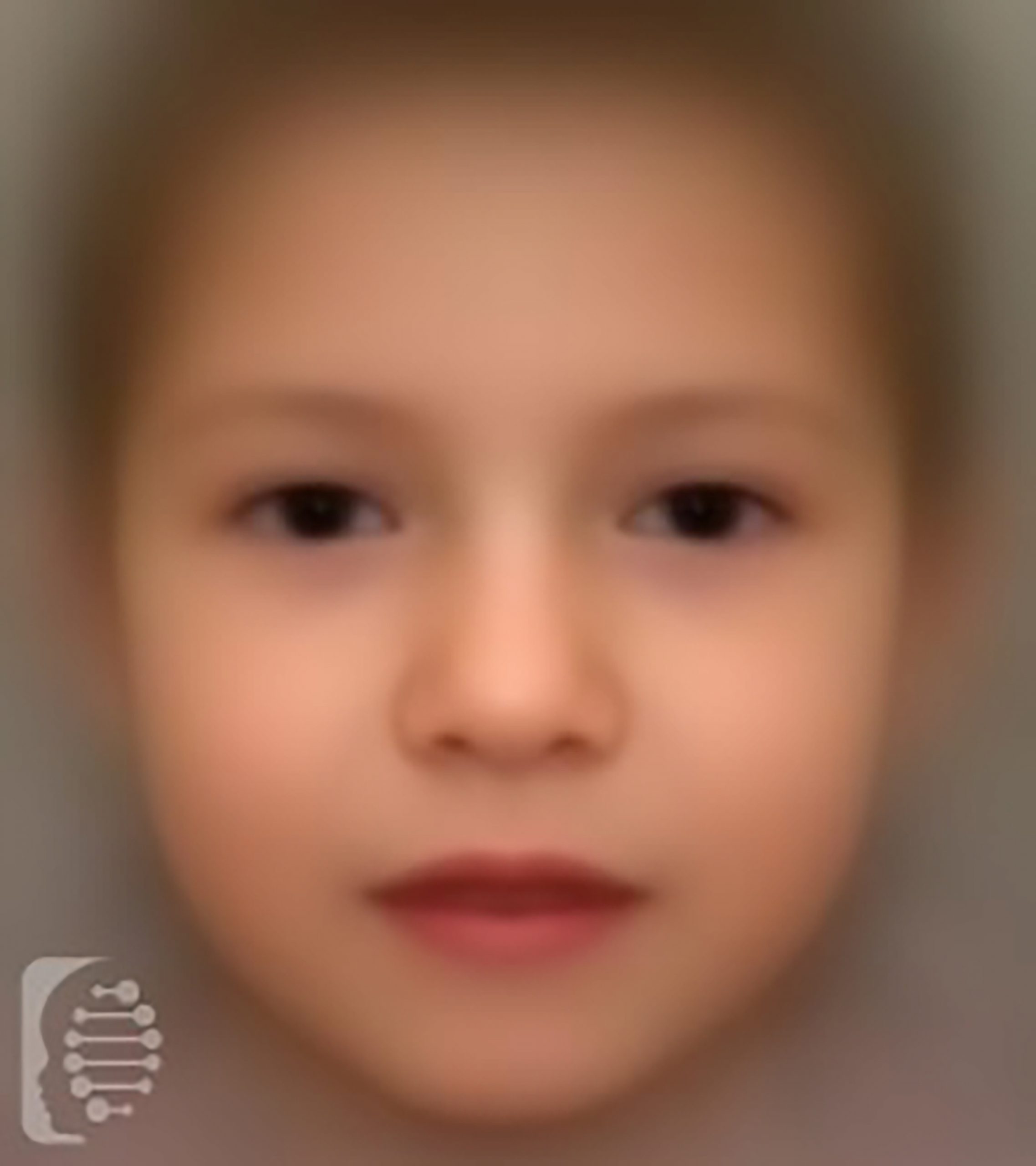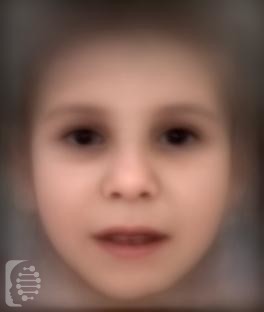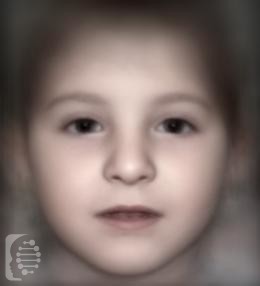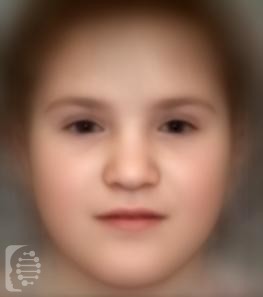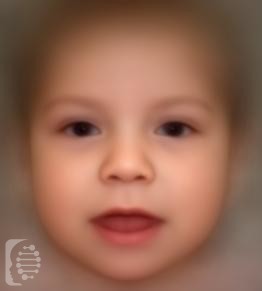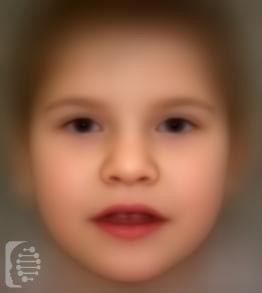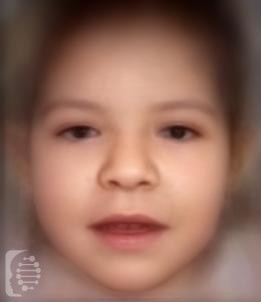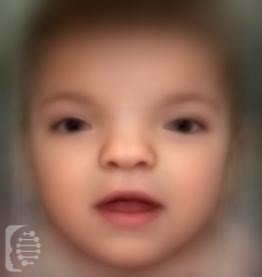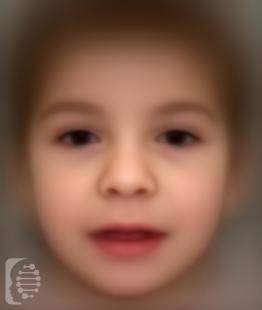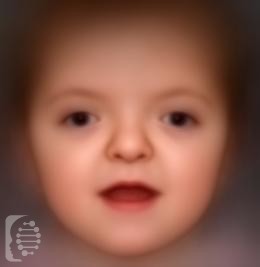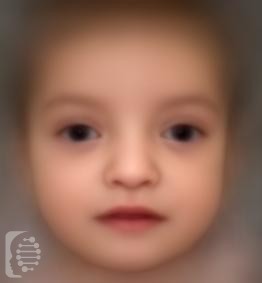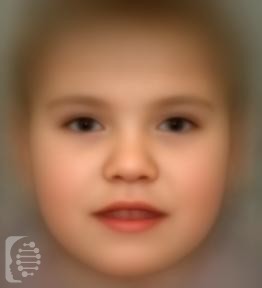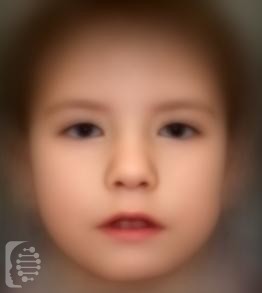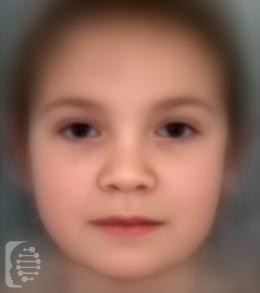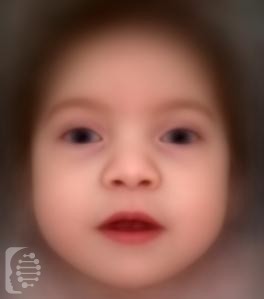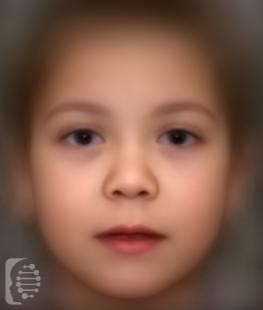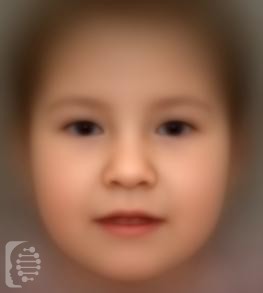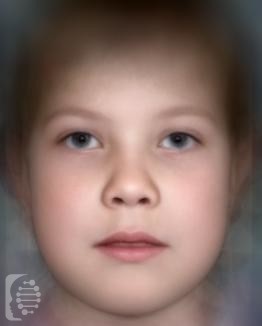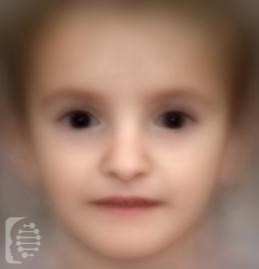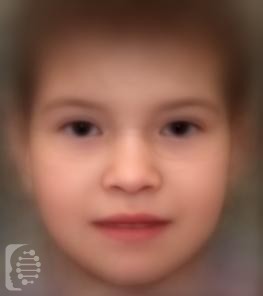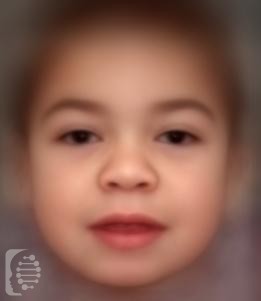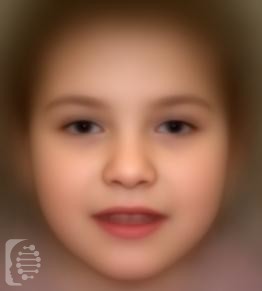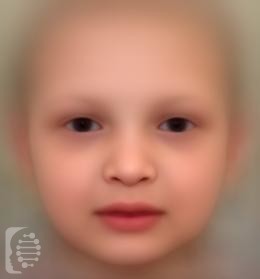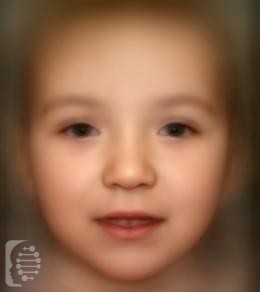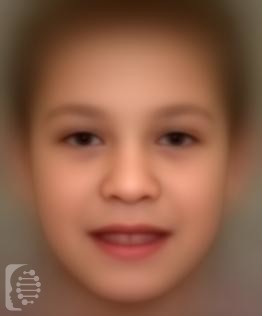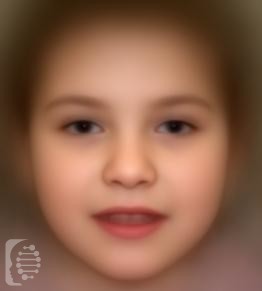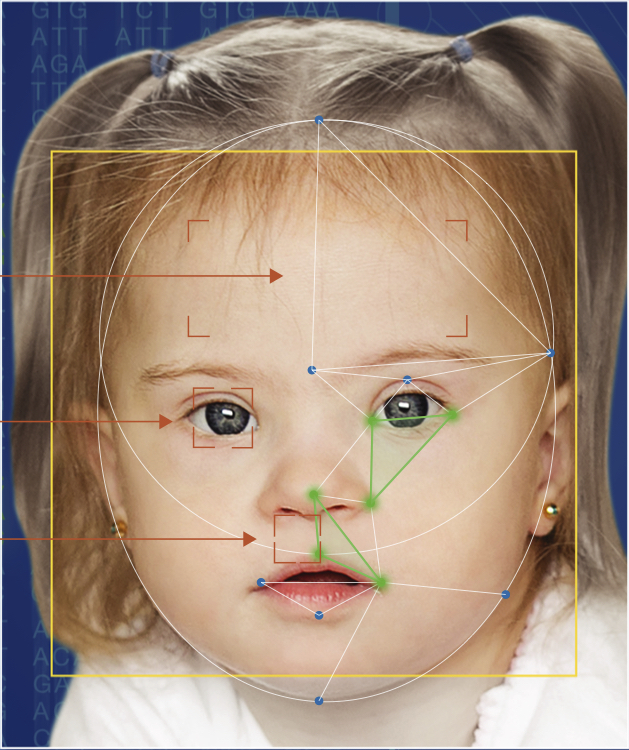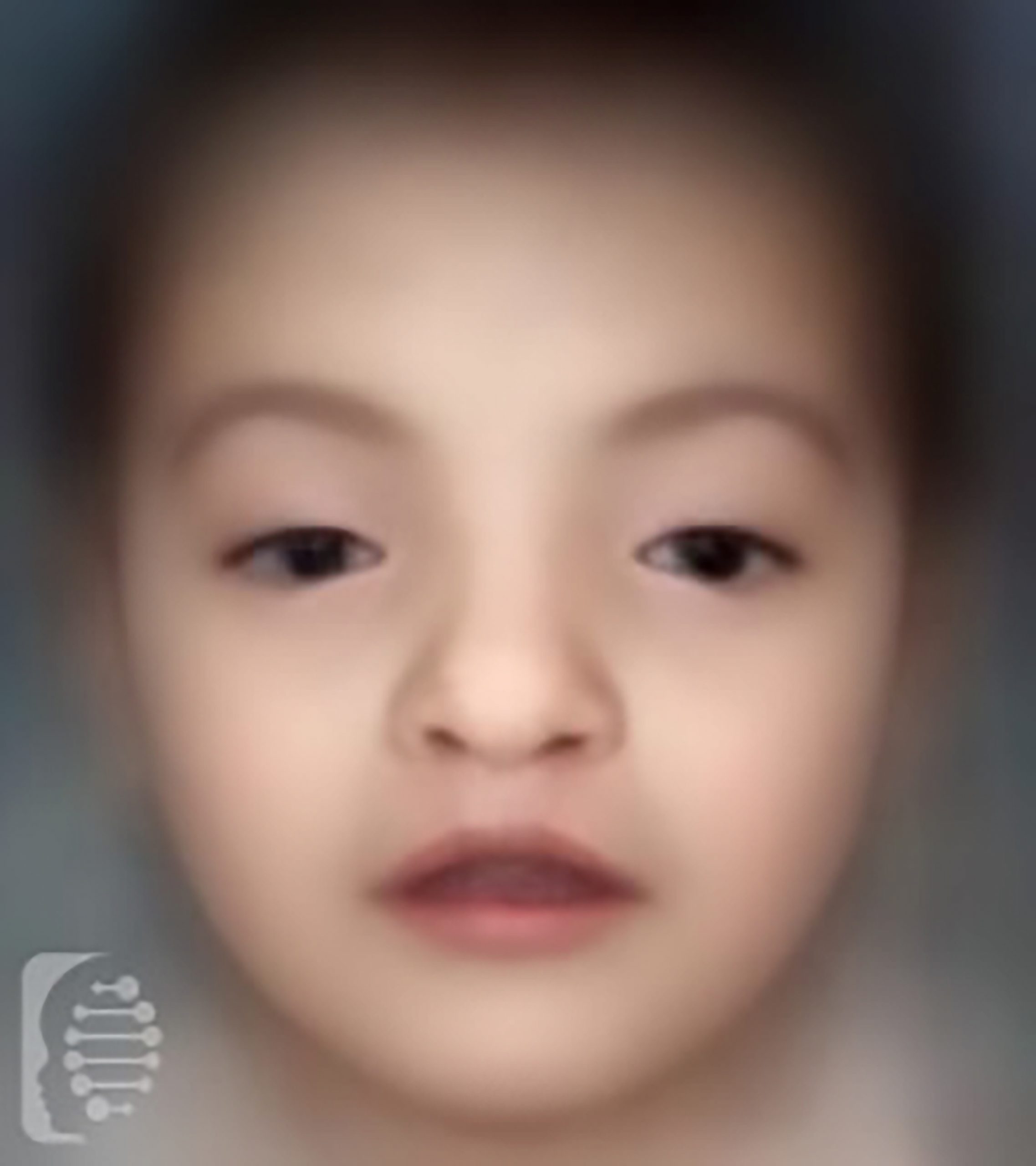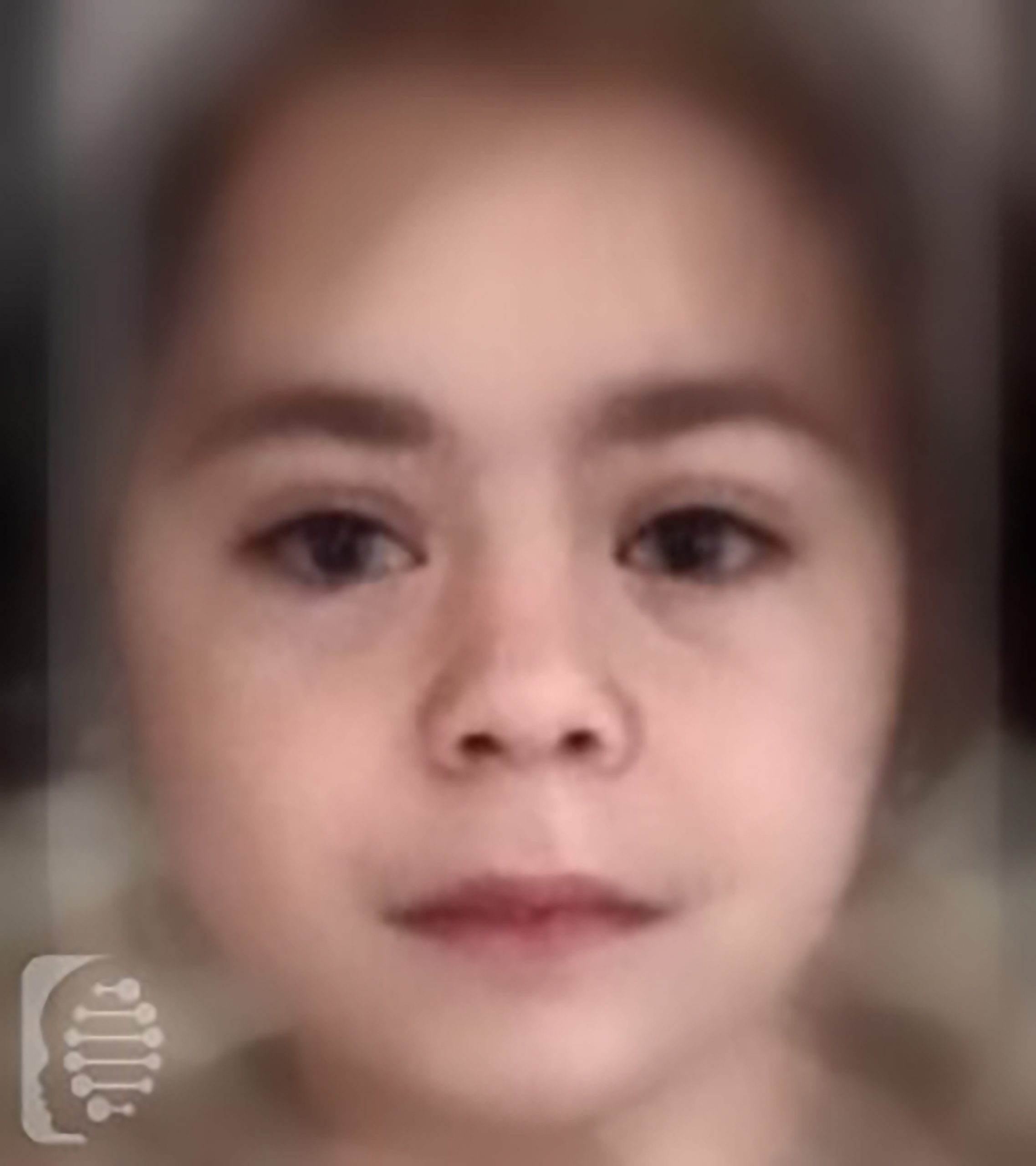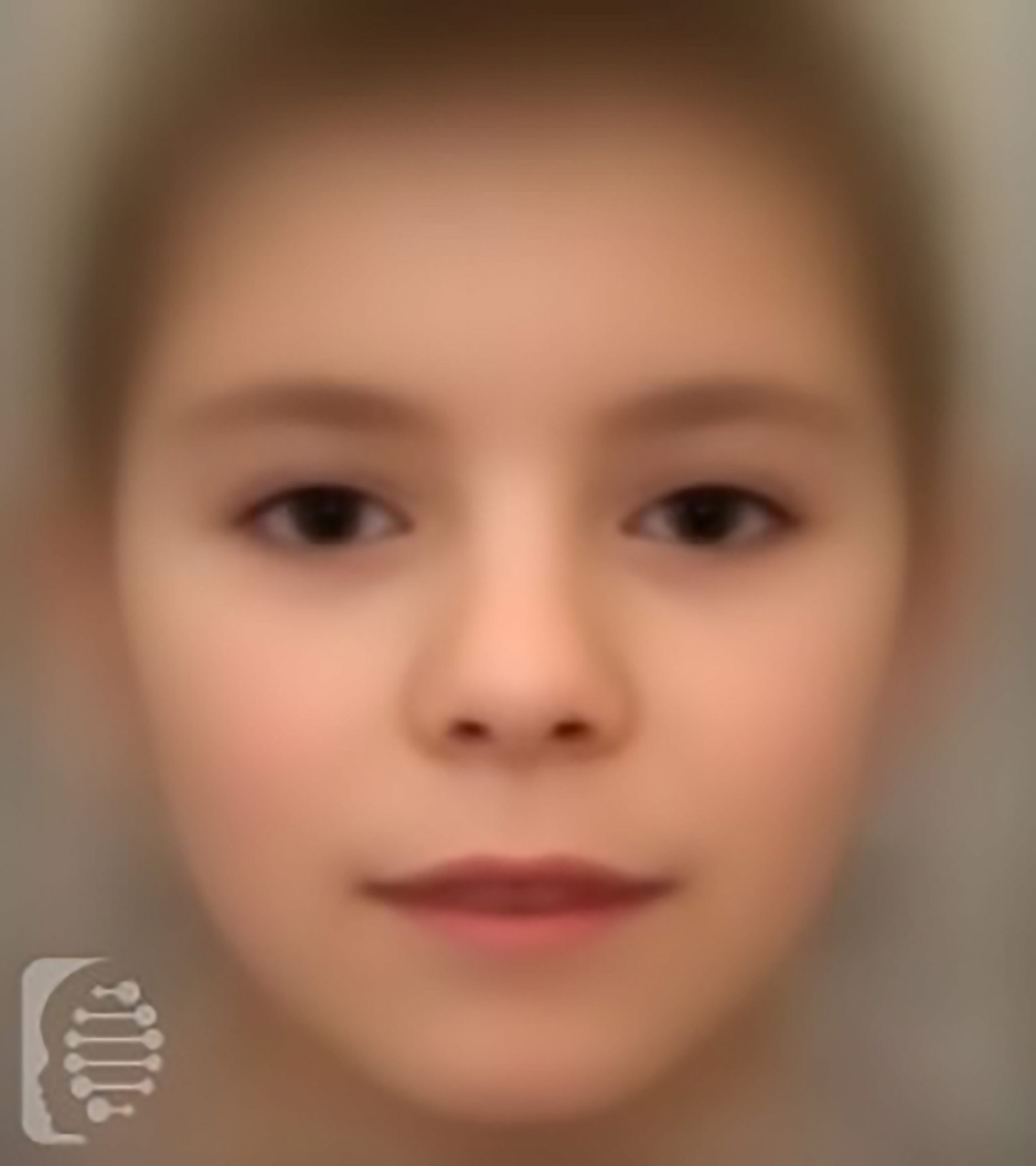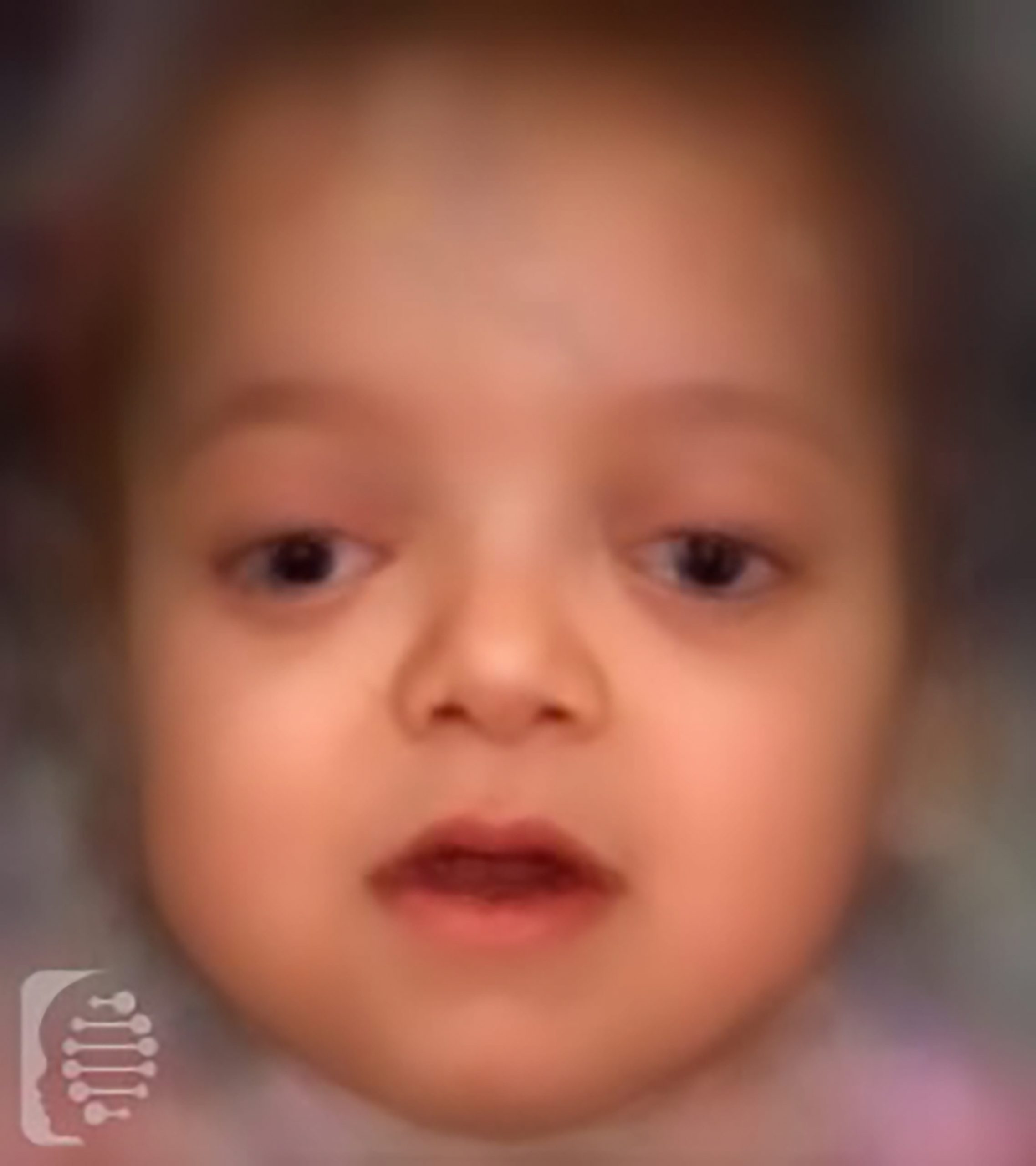Paula and Bobby
Parents of Lillie
Cranial Asymmetry
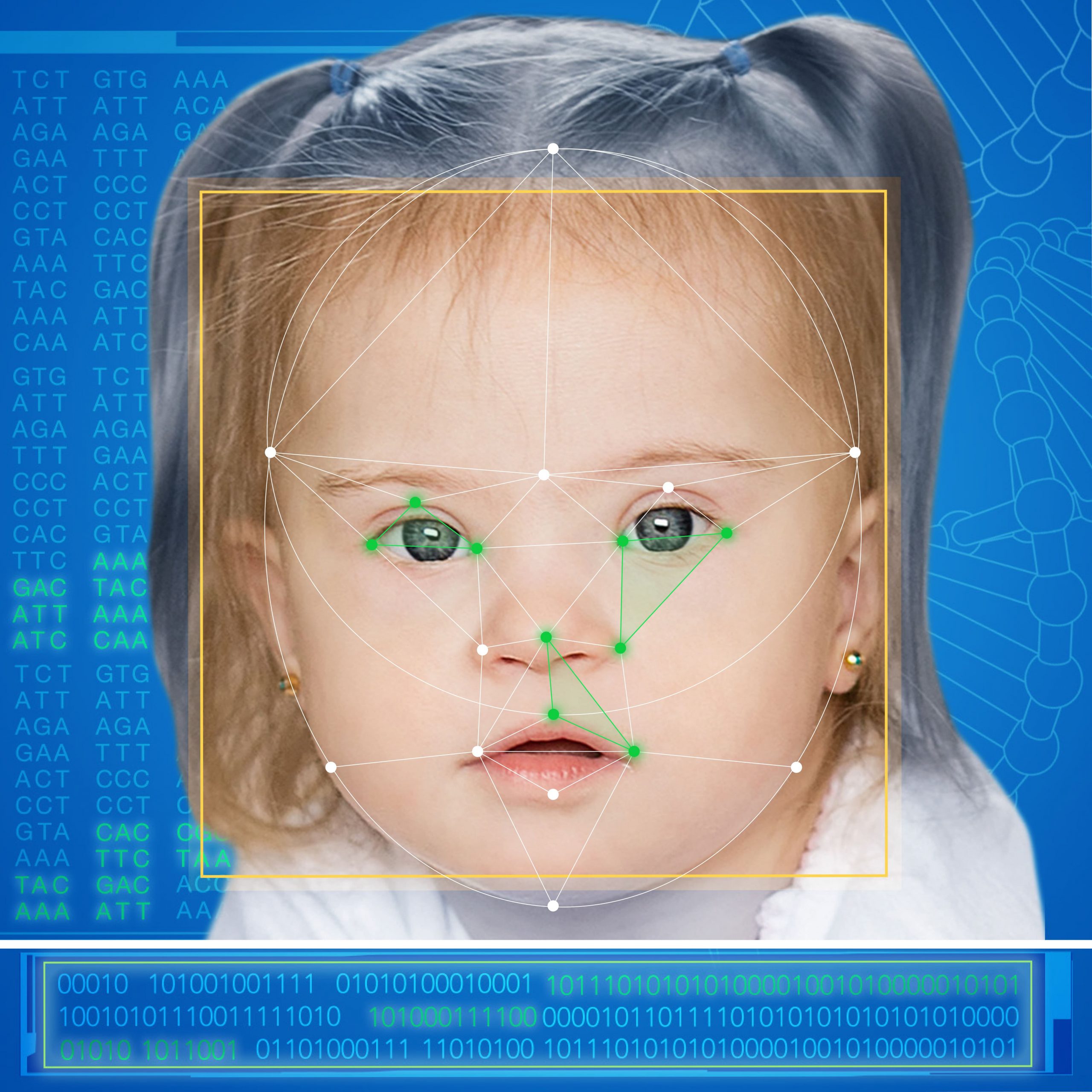
Understanding skull related symptoms and features.
Symptoms may affect multiple parts of the body. Understanding which part of the body a symptom affects, can help us to better understand the potential underlying causes of a symptom, including a rare disease or genetic syndrome.
The skull has several crucial functions: it cradles and protects the brain, supports the face and forms the head. It is a bony structure made up of the mandible and cranium.
Symptoms affecting the skull can sometimes be seen with the naked eye, especially if they affect the shape, size and structure of the head and face. Diagnosing a skull related symptom may involve different tests and assessments, both subjective and objective.
What is Cranial asymmetry?
Cranial asymmetry is when the bones of the skull are not symmetrical or even on both sides. It can give the appearance of a flattened side of the skull. It occurs usually on the back of the skull, or on one side.
It is something that is considered quite common in newborns, who are born with very soft skull bones (these fuse and harden over the course of their first few years of life). In a newborn this cranial asymmetry can be caused by pressure on the skull bones during delivery. In other newborns it occurs in those who favor one side of the head to sleep on, over another.
What should I do next?
In some instances, cranial asymmetry may be one of the features of a rare disease or genetic syndrome. In this case fast, targeted genetic analysis can give you a more accurate diagnosis.
Synonyms:
Asymmetry of head, Uneven head shape, Malformation of cranium shape, Malformation of cranial vault shape, Abnormality of cranium shape, Abnormality of head shape, Malformation of head shape, Abnormality of cranial vault shape, Cranial vault asymmetry, Asymmetry of cranium
HPO:
0000267
Optional syndromes:
Clarify any concerns you may have and get tested online today!
Schedule Your Online Meeting Now
Synonyms:
Asymmetry of head, Uneven head shape, Malformation of cranium shape, Malformation of cranial vault shape, Abnormality of cranium shape, Abnormality of head shape, Malformation of head shape, Abnormality of cranial vault shape, Cranial vault asymmetry, Asymmetry of cranium
HPO:
-
0000267
Optional syndromes:
FDNA™ Health can help you with the diagnostic journey.
Learn about child developmental delays: Causes, Symptoms, and Therapies.
Don't wait years for a diagnosis. Act now and save valuable time.
Explore the most detected symptoms in our system (numbers are global and based on the data from 120 countries):
What is FDNA Health?
With the largest global database and a leading decision-support tool using AI, FDNA™ Health enables patients and their families to better understand symptoms and conditions with the goal of shortening the time to diagnosis.
Benefits of FDNA Health
Save valuable time by
learning about possible conditions
and report to your clinician
Advanced AI technology
and leading worldwide clinicians
shortening time to diagnosis
Looking for answers?
Worried about child development?
We are here to help you!


